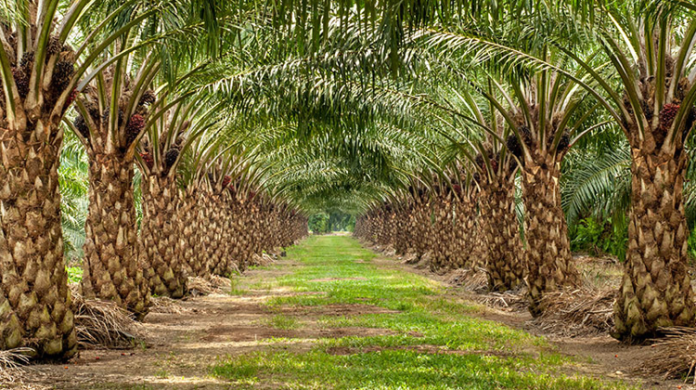AT the launch of the Delta State Oil Palm Plantations Development Land Bank and Agric Data Project, midwifed by the Delta State Commercial Oil Palm Plantations Growers Cooperative Society Limited (DELCOM-COOP), Governor Sheriff Oboervwori disclosed that the project would attract about $1bn in development finance to the state over the next 10 years.
This is, according to the governor, besides the creation of thousands of jobs, stimulation of the local economy and positioning of Delta as a front-runner in Nigeria’s agricultural transformation. This, indeed, is a cheering news.
DELCOM is a novel initiative by the Central Bank of Nigeria (CBN), which has been embraced by some states of the federation. Under the scheme termed CBN’S N10-Year Oil Palm Development Initiative, the proponents envisaged reclaiming Nigeria’s global leadership in oil palm production and achieving growth in the sector.
As part of the requirements, any participating state is to contribute 10, 000 hectares of farmland and the state, according to the governor has through the Community Land Release and Participatory Model, 68 host communities across Delta North, Central and South already released 130, 000 hectares of dormant arable land, surpassing the initial target of 100,000. This, to us, underscores the seriousness of the state and the people attached to the project, which the state keyed into in 2018.
The DELCOM-COOP launch is the latest agriculture programme by the state government aimed at boosting food production, empowering the people and promoting agribusiness in the state. Before now, Delta has pursued the NDDC land acquisition for agriculture projects, the IITA Youth Agriculture (IYA) model, the Livelihood Improvement Family Enterprises (LIFE) Programme, the Commercial Agricultural Development Programme, the Youth Empowerment in Agriculture Programme (YEAP), etc.
As evidence of its desire to develop the economy through oil palm production, the state, in 2022 partnered with a private firm, the Norsworthy Agro Allied Company Limited to develop an agro-allied industrial palm plantation built on 1,400 hectares of land at the Akwukwu-Igbo, Ugbolu and Illah axis of the state capital.
The government’s interest is actually in furtherance of the disposition of the people. In many parts of the state, there are pockets of oil palm plantations that are producing palm oil and seedlings for local consumption. Some have also accessed commercial opportunities which they are reaping to date. Delta in the time past was a major exporter of timber and palm oil and kernels through the Niger Delta Ports of Forcados, Warri, Koko, Sapele and Burutu.
To us, the ultimate is to create wealth and guarantee a brighter future for generations of Deltans. The potentiality of the oil palm business is financially rewarding and economically viable for states attempting to break even and create wealth for their citizens.
However, to achieve the desired results and place the state comfortably above others in the CBN agricultural venture, transparency, equity, and unrestricted participation are required in the implementation of the programme.
Those charged with the responsibility of implementing the programme must ensure that the lands are apportioned according to individual or group needs. Nepotism and corruption, a usual feature in the execution of government socio-economic programmes, should be avoided and the leaders must demonstrate expected resilience and well-focused leadership.
In this era of insecurity that has made farming suicidal due to the activities of Fulani herdsmen, the state government should go beyond the provision of land and release of funds by ensuring that the various farm areas are secured.
Moreover, agricultural tools and machines like tractors and other implements should be made available as required. In addition, the government should ensure that lands mapped out for this venture are not invaded by land speculators and youths demanding ‘deve’ from land developers.
To achieve this, the government should set up land settlements in acquired areas where necessary infrastructures and security should be put in place. On their part, communities, where these oil palm farms are located must cooperate with the government to achieve this onerous result of placing Delta ahead of others by sustaining its marks in oil palm farming.
As the promoters have envisaged that the oil palm project initiative will promote the state, and make thousands of millionaires and billionaires from the state soon but only a well-implemented exercise can achieve this. Therefore, we support the state government and initiators of this venture and call for support from Deltans to make this dream a reality.


